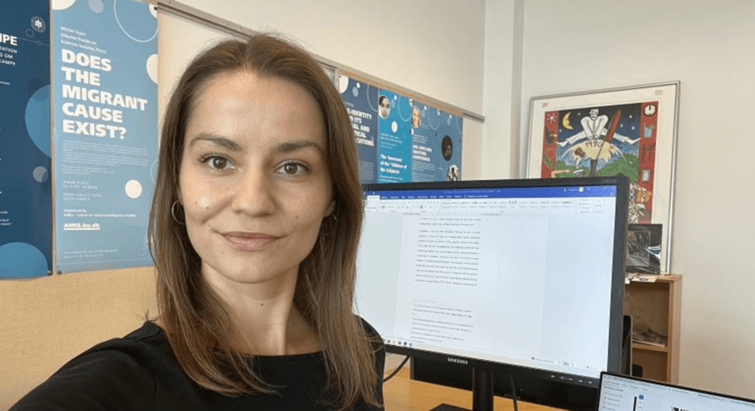
Video blog from Brazil: COVID-19 exposes Brazilian health inequalities and cracks in the democracy
In this video blog, our former visiting PhD student in public health, César Augusto Paro, gives an overview of the corona situation in Brazil and talks about the country’s health governance during the pandemic and the inequalities the virus is exposing.

Text: Morten Mechlenborg Nørulf / Video: César Augusto Paro
Like the rest of the world, the world’s fourth largest democracy is in the midst of a national health crisis. The rather controversial Brazilian president, Jair Bolsonaro, has repeatedly attempted to undermine quarantine efforts and is a strong virus-denier. Opposite the president, local governors and mayors are advocating for quarantine measures, trying to stop the spread of the virus. Not surprisingly, the Brazilian population is confused by these mixed signals by its leaders.
Brazil had its first COVID-19 case confirmed by the end of January 2020. In the beginning of March, the virus started to spread locally and now it affects all of the country’s 26 states. Currently, more than 63.000 cases and 4.000 COVID-19-related deaths have been confirmed.
With its almost 210 million people, Brazil is the world’s fourth largest democracy. Its national healthcare system - Sistema Único de Saúde, better known as SUS – is one of the world’s largest publicly funded health care systems in terms of users.
Watch César's video blog (15 minutes) here:
Below are some of the main points made by César in the video:
There are 2,2 intensive care beds per 10.000 inhabitants in Brazil. 75% of the population use SUS - the public healthcare system - and 25% have some form of private healthcare insurance. If we look at the intensive care beds, we can see the difference between those two groups as only half of those beds are in the public healthcare system.
The wealthier part of Brazilian society can afford to pay for treatment in private hospitals, whereas the lower social levels are dependent on the services provided by the public system.
Brazil is facing massive health governance problems at the moment, with more competition than corporation between the authorities. In one hand, we have the national level with a president that refuses to stop the economy and to listen to the recommendations of the World Health Organisation. On the other hand, we have mayors and governors advocating for a quarantine and the stop of non-essential activities. These mixed signals create confusion among the population in terms of what to do.
The virus has spread to the lower levels of Brazilian society as well as to some indigenous tribes. In the favelas, it is challenging to deal with the quarantine and to get access to good quality healthcare. In some neighbourhoods, it is impossible to avoid contact with infected as people live under overcrowded conditions that lack prober sanitation.
Around 40% of the active population works informally and many people earn what they eat in the same day. Therefore they are dependent on the financial aid by the government. The emergency packages took a long time to be created and the amount is only half of the minimum salary – and many have still not received this. Activists and organisations inside the poor neighbourhoods are organising donation campaigns with money and materials, and they are trying to feed the families and to provide the neighbourhoods with basic hygiene and prevention materials.
If you want to know more about César's PhD project, you can read the article "Training Brazilian community health workers to understand their patients better"
News


Health data storage has a climate cost. In the future data may be stored in DNA

Waste products could innovate pharmaceutical material design

